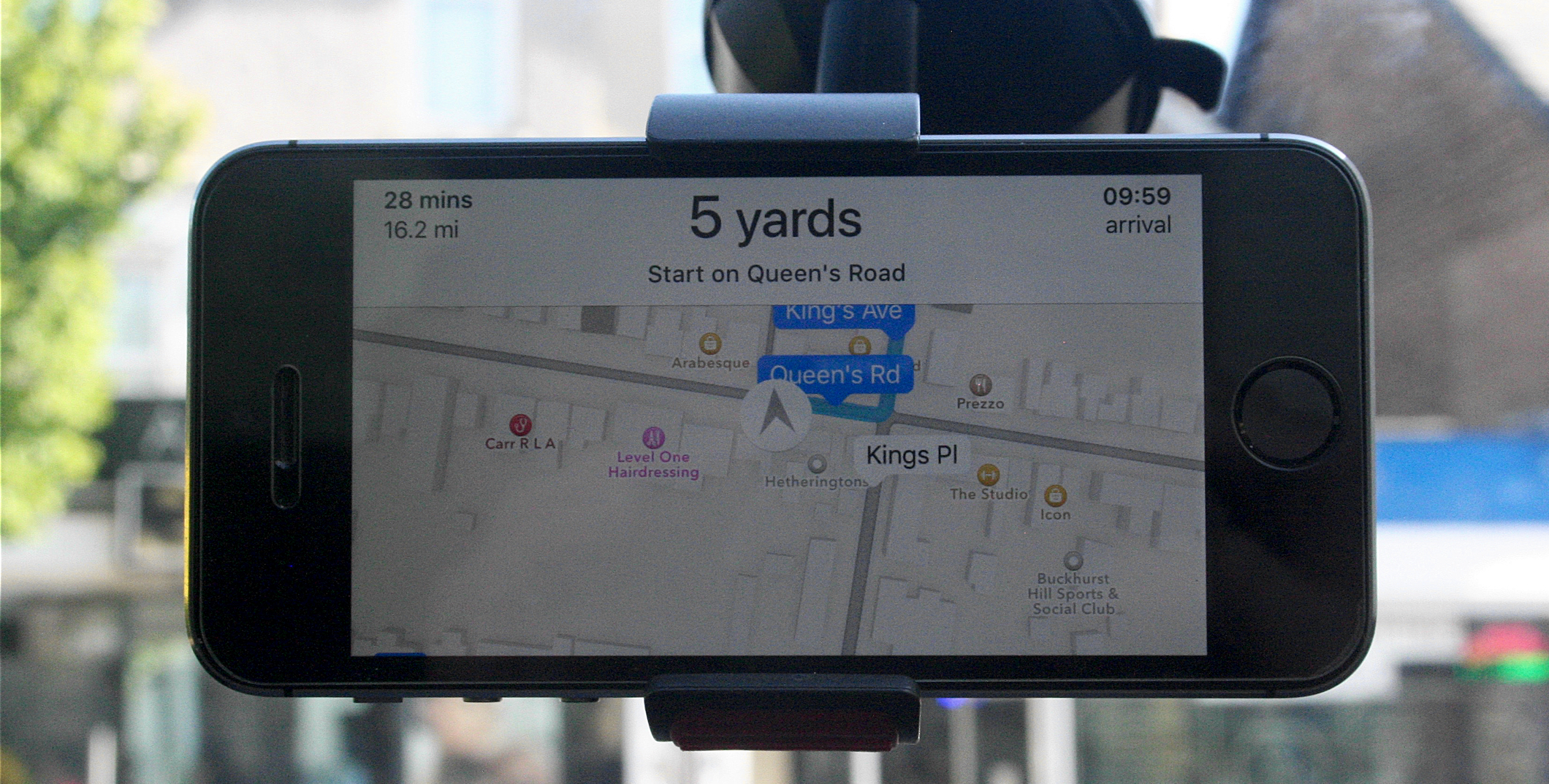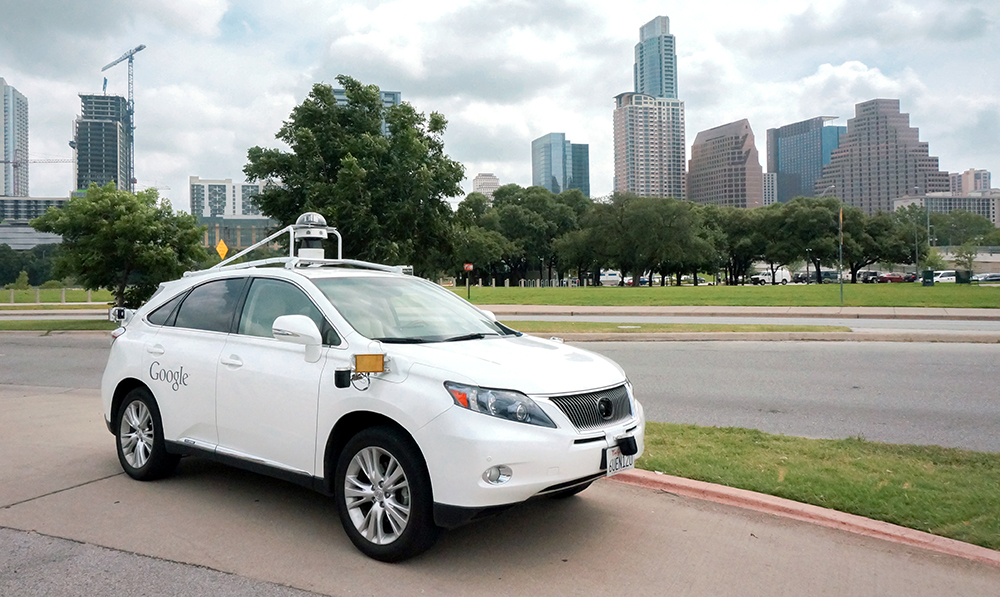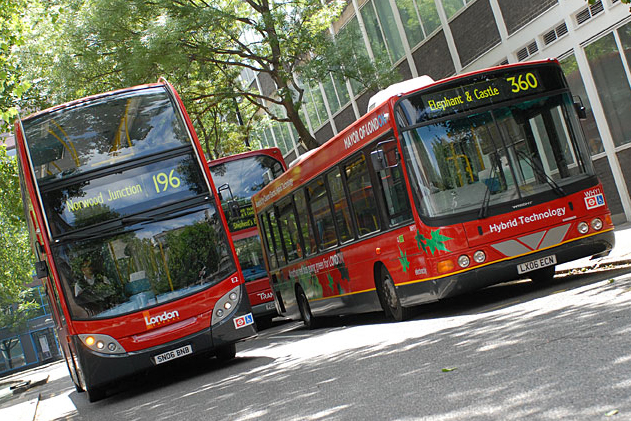How much is space worth to Britain?
A new report suggests the space industry could add £40 billion to the economy - but it needs investment and better organisation first.

Britain's space industry could be worth up to 40 billion a year, according to a report published by the Space Innovation and Growth Team (IGT), a committee tasked by the Government with laying out the future of the UK's commercial space ambitions.
Chief among the recommendations is more spending. The UK currently spends around 270 million on space projects such as satellite programs.
Andy Green, who chaired the IGT, told the BBC "We already have six per cent global market share, despite the fact we spend a relatively low proportion of our GDP on space."
Getting organised
UK Space is an organisation which represents an assortment of British high-tech companies. Its chairman, Richard Peckham is also business development manager of Astrium, a UK-based satellite company.
He told IT PRO that the future of the British space industry doesn't simply rely on asking for money. "You've got to have somebody that's actually looking across all of the potential uses of space," he said.
That somebody will be the as-yet unnamed British space agency, a dedicated organisation announced in December 2009. Responsibility currently lies with an assortment of different government departments a situation which leads to wrangling over funding.
Sign up today and you will receive a free copy of our Future Focus 2025 report - the leading guidance on AI, cybersecurity and other IT challenges as per 700+ senior executives
"If there was a program that fits very neatly into just one department's budget, it works quite well," said Peckham. "As soon as you get a program that kind of cuts across lots of departments, they then can't agree who should fund it."
The need to co-ordinate departments with differing priorities and budgets leads to arguments, Peckham added.
"We were never pro-active, we were always just reacting," he said, citing the example of the Galileo program, a European initiative to create a GPS system distinct from the US military. "There are a lot of people who think it would be quite good when they've got it, but you couldn't find anybody stepping forward thinking that developing a new Sat nav system was anything to do with them."
He says the thinking was "why should we do it [when] you could just leave it to France and Germany?"
Investment, not just spending
Even the figure of 270 million the UK's current expenditure on space is simply spending, rather than investing for the future, according to Phil Davies, business development manager at Surrey Satellites Limited (SSTL).
"The Government spends 270 million on space-related activities," he told IT PRO. "That's not investing in the industry. It's buying something that UK organisations want to use."
To not invest in space, he says, is "missing a trick". More government investment would level the playing field against other countries. "We're competing against companies in Asia, also places like South Africa, also our European competitors, where their governments are funding new technology developments to help them improve their products. There's no similar program in the UK for funding space technology."
Solid growth
Nevertheless, the British space industry is in remarkably rude health. Lord Drayson, minister for science and innovation, claimed in December that the space sector "hasn't missed a beat" during the recession. In the decade from 1998 the industry saw nine per cent growth per year, contributed 5.6 billion to UK GDP in 2007, and supported nearly 70,000 jobs.
Phil Davies of SSTL admits that "We would have had much faster growth had there not been a recession," but says the company hasn't resorted to lay-offs. Richard Peckham of Astrium says his company's staff has grown by several hundred in the last year.
The aims of the Space IGT - which can be downloaded here - are loftier still. If the British space industry grows its worth to 40 billion a year, it will hold 10 per cent of the worldwide space market and create 10,000 jobs.
However, Peckham says the future of the British space industry depends on the success of the incoming space agency. Current government attitude to space "lacks focus," he said.
"The British Government as a whole hasn't really ever developed a coherent space policy that really looks across all the government's needs."
The development of a national space policy and ensuring the British space agency is "sufficiently resourced and empowered" are items one and two in the IGT's report, but the exact timing and funding of the agency are deeply unclear. With the announcement only a month and a half old it's unsurprising that plans are nascent at best, but the probability of a new government in the coming months could prove complicated.
Cuts coming?
In an interview with the Evening Standard, Conservative science minister Adam Afriyie admitted that major cuts to government spending on science were "inevitable", a worrying turn of phrase considering the IGT report calls for twice the UK's current expenditure on space projects.
However, neither Labour nor the Conservatives are promising more cash for science, according to Space UK's Richard Peckham. He says the IGT report "is not primarily about asking for more money."
"In both parties there is recognition that if you don't generate wealth there can't be any discussions about how you're going to spend the money," he noted. "I think both parties recognise that we need a more balanced economy."
Phil Davies of SSTL echoes the sentiment. "There's been a tendency in the last 10 or 15 years to think financial services is all we need to be doing in this country." The rocky economy of the last two years underlines the importance of a vibrant industrial industry, he argues.
In 2007, the British space industry captured around six per cent of the world market an impressive statistic for an industry whose government funding falls well short of that of other western European countries, according to the experts IT PRO spoke to.
But the IGT report claims that without a "positive decision to go for growth", the industry will not only stagnate, its share of the global market could halve.
Richard Peckham says the development of a coherent space strategy is "really fundamental to the UK upping its game. If it doesn't happen, we're not going to fizzle out and die overnight, but we can't see the room for growth."
-
 Microsoft unveils Maia 200 accelerator, claiming better performance per dollar than Amazon and Google
Microsoft unveils Maia 200 accelerator, claiming better performance per dollar than Amazon and GoogleNews The launch of Microsoft’s second-generation silicon solidifies its mission to scale AI workloads and directly control more of its infrastructure
-
 Infosys expands Swiss footprint with new Zurich office
Infosys expands Swiss footprint with new Zurich officeNews The firm has relocated its Swiss headquarters to support partners delivering AI-led digital transformation
-
 Best satnavs for 2017
Best satnavs for 2017Vs Apps vs hardware - which satnavs will do the best job of getting you from A to B?
-
 UK government wants Google to trial driverless cars in London
UK government wants Google to trial driverless cars in LondonNews News follows government's £20m investment in autonomous car projects
-
 TfL trials interactive bus stop technology in Regent Street
TfL trials interactive bus stop technology in Regent StreetNews TfL teams up with Clear Channel UK to bring real-time, interactive travel information to tourists and commuters.
-
 EU wants mobile devices to have universal charger
EU wants mobile devices to have universal chargerNews Manufacturers including Apple could be forced into using a common standard.
-
 Apple Maps leaves users lost in Australia, claim police
Apple Maps leaves users lost in Australia, claim policeNews Police force claims iPhone users have been left stranded in local national park by gaffe-prone navigation product.
-
 MWC 2012: News roundup
MWC 2012: News roundupNews We round up all the news and announcements from this year's Mobile World Congress (MWC) event in Barcelona.
-
 BSA settles at £29,000 for unlicensed software use
BSA settles at £29,000 for unlicensed software useNews The Salamander Organisation feels the force of the Business Software Alliance for not paying their software licences.
-
 Ofcom cuts mobile termination rates
Ofcom cuts mobile termination ratesNews The communications regulator announces plans to dramatically reduce the amount operators can charge one another, leading to consumer cost savings.